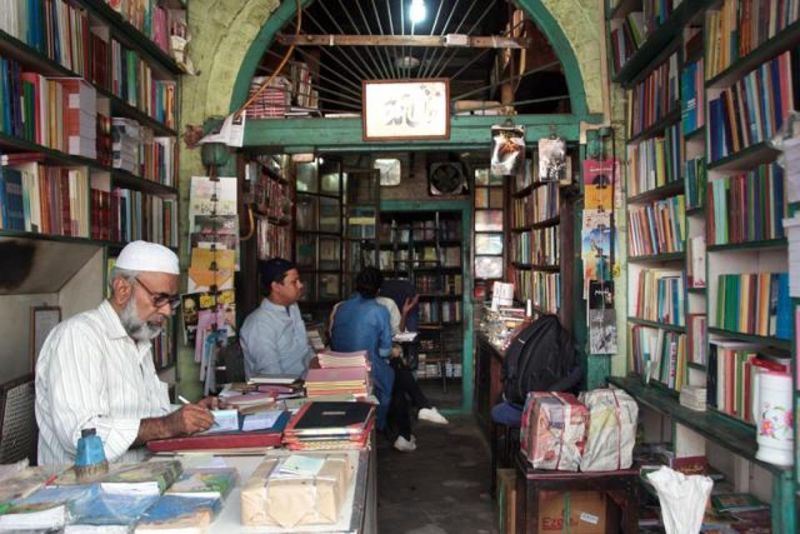Urdu Day has traditionally been celebrated on November 9, the birth anniversary of poet Allama Iqbal. Urdu language which was once the language of Hindu and Muslim alike is today living in exile in its own country. Urdu, which literally translates to Lashkar (army) took birth in Hindustan under the influence of Persian and Arabic languages brought in by various invaders. It was also influenced by the dialects and regional languages spoken in areas bordering Delhi.
HT has quoted Abdul Aziz, former Urdu professor at Zakir Hussain Delhi College as saying, “Till the end of the 18th century, all official documents were in Persian. But with the downfall of the Mughal Empire, Urdu became more common. The British made Urdu the official language around 1830s, and till 1947, Urdu was the medium of instruction in schools.”
Abdul Azeez feels that Urdu also paid the price of partition. “The fight between languages began around 1830. Then, in the 1920s, came the dividing forces of All India Muslim League and Indian National Congress. The final nail in the coffin was when Pakistan declared Urdu its national language. This pushed people in India to completely do away with Urdu. It became a victim of communal politics,” explains Aziz.
According to Historian and author Rana Safvi “Urdu was closely involved with the struggle for freedom. The Progressive Writers’ Movement (1936) relied heavily on the language. An awakening spread that Urdu needs to be taken beyond gham-e-jaana (lamenting for the beloved) and used as a unifying tool for the reformation of society.”
He added “Before Partition, St Stephen’s, Hindu and Sri Ram College for Commerce were the biggest centres of Urdu, Arabic, Persian and Sanskrit. Now, the departments remain only in registers.
Artist Nasheet Shadani stresses the need to modernise the language so that it reaches the younger generation in a way they relate with. He believes “Festivals like Jashn-e-Rekhta and Jashn-e-Adab are helping in reviving the language.”
AK Zaidi of Maktaba Jamia, a publishing unit established in the 1920s, says that the demand for Urdu language books has gone up in the recent years. “Many youngsters, including non-Muslim readers, are asking for authors and poets like Munawwar Rana, Faiz Ahmed Faiz, Makhdoom, Majaz Lakhnawi and Ismat Chughtai.
However in one of the oldest publishing house in the area, Kutub Khana Anjuman-e-Taraqqi-e-Urdu (established in 1939), only seven such shops remain in the area — out of the original 64.

